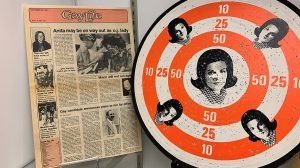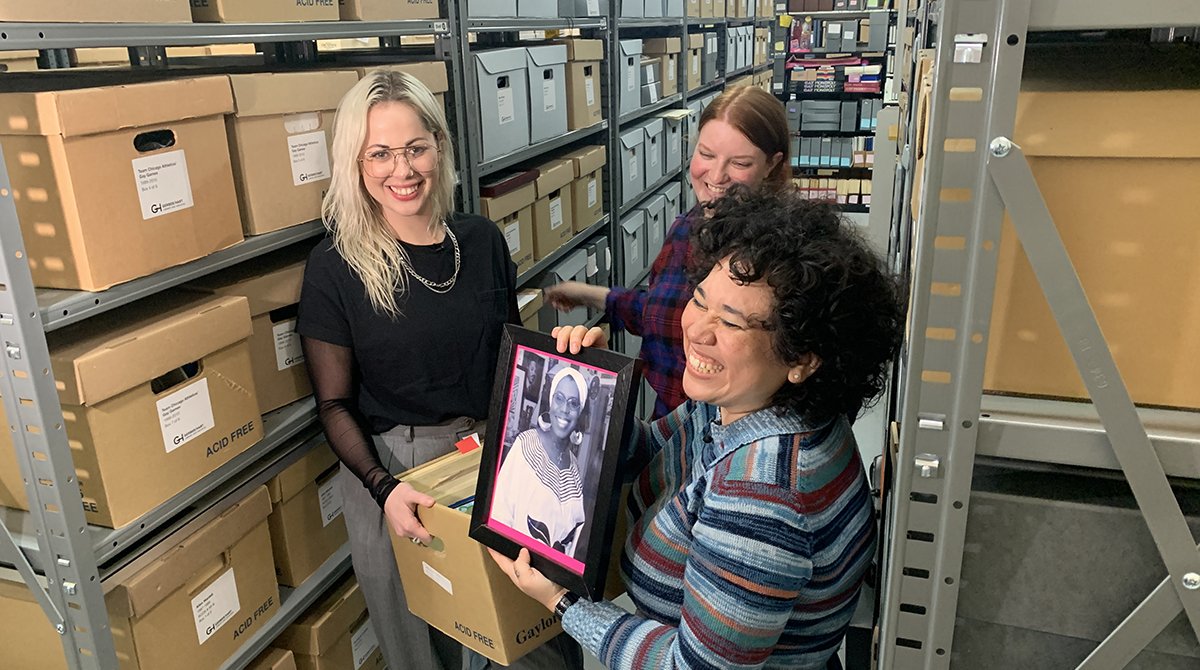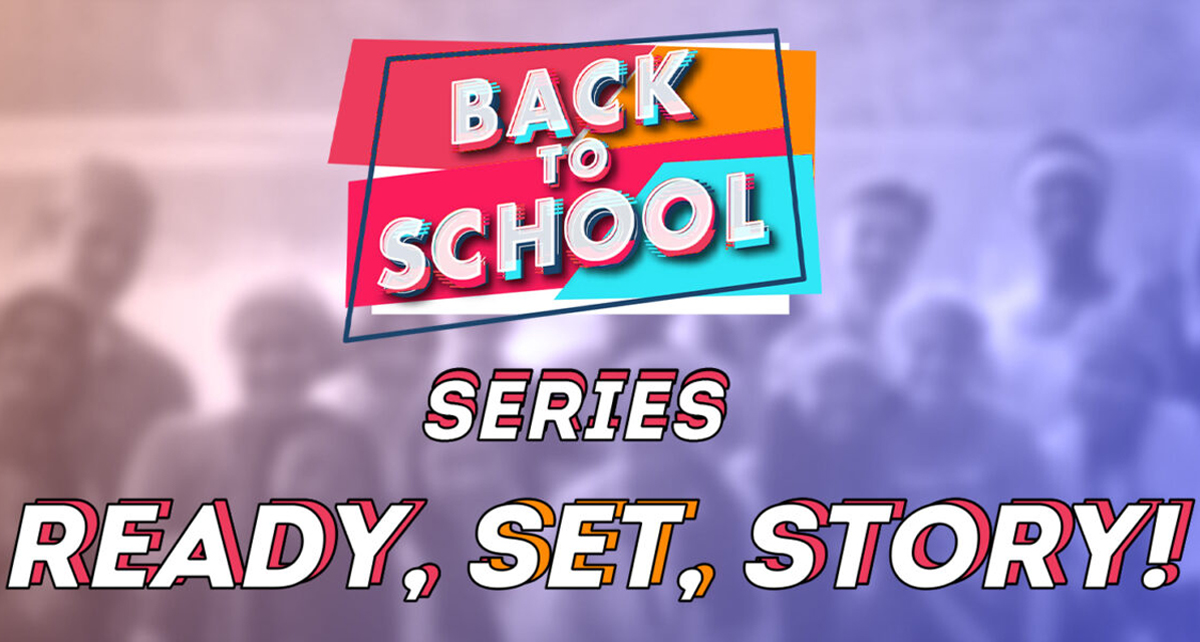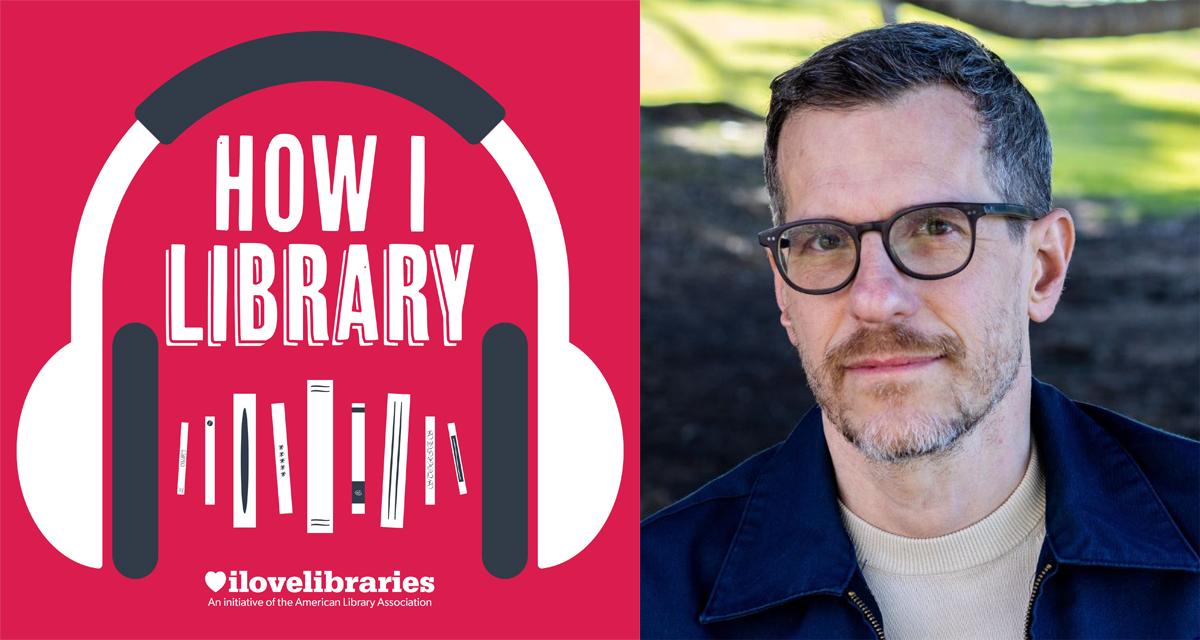You’ll find them in community and health centers or inside larger university libraries, in locations across the country or fully online. LGBTQIA+ libraries and archives are relatively few and far between, comprising just a few dozen of the more than 116,000 libraries scattered throughout the United States. But despite their small footprint, the impact of these institutions on the communities they serve is immense.
LGBTQIA+ libraries and archives embody the heart of the intersection of library services and the community, with curated collections and resources as well as specialized programming meant to explicitly address the information needs of local LGBTQIA+ communities or educate the wider public. They also serve as a safe space for individuals to come and be themselves when they may not feel able to elsewhere.

A photograph from Gerber/Hart’s GALS collection. Courtesy of Jen Dentel / Gerber/Hart Library and Archives
You may be familiar with some. The Lesbian Herstory Archives, an independent institution in New York City founded in the 1970s, holds the world’s largest collection of materials by and about lesbians and their communities; the Digital Transgender Archive, a fully digital project and international collaboration among more than 60 institutions and organizations, was created to increase the accessibility of transgender history through the digitization and retrieval information of historical trans-related materials; and ONE National Gay & Lesbian Archives at the University of Southern California Libraries is the largest repository of LGBTQIA+ materials in the world.
Others are smaller or more focused in their collections, such as the Leather Archives and Museum in Chicago (adults only!), the student-focused Rainbow Resource Center at the University of Wyoming, or the online Queer Zine Archive Project. And while they each may differ in their size or collection scope, they all carry out the critical mission of preserving and making visible the history and stories of LGBTQIA+ communities.
As public and school libraries across the country face a growing swell of challenges from conservatives toward LGBTQIA+ materials and programming, the work of these libraries is even more important today. Beyond collecting and preserving LGBTQIA+ books and history, the collections in these libraries tell much needed stories of queer joy otherwise lost in time.
Unboxing Queer History
Located above an LGBTQIA+ health center on the far north side of Chicago, the Gerber/Hart Library and Archives is the largest LGBTQIA+ library and archives serving the Midwest. It boasts a circulating collection of over 24,000 volumes and more than 160 collections of historically significant personal and organizational materials that spans decades. Some of the many unique collections include materials from the lesbian fishing group GALS (the Great Angling Lesbian Society), a trove of photos of drag queen Miss Tillie, “the Dirty Old Lady of Chicago” who performed around the city from the 1940s through the 1990s, and an array of materials from the Gay Liberation movement that swept Chicago and the rest of the country in the 1970s following the Stonewall Riots in New York City.
Most impressively: It’s all donated, and the library is almost entirely volunteer-run. And yet, it slides under the radar for many.
“So many people that I tell about Gerber/Hart have lived in Chicago for years and don’t know we exist,” says Jen Dentel, programs and social media coordinator at Gerber/Hart. “We have such an incredible collection, but we need to keep growing, and the only way to do this is to reach a bigger section of the community.”

A copy of an issue of the newspaper Gay Life stands next to a used dart board featuring a portrait of Anita Bryant, an American singer who rose to fame for her anti-gay activism. Photo by Chase Ollis.
Beyond its collection, Gerber/Hart offers programming and curates exhibits that bring the collection to life. In the last few years, it has hosted exhibits covering the pre-Stonewall Homophile Movement, Chicago’s rich drag history, Gay Liberation, and opening this month, [De]Coded: Surviving the Law as a Sexual Deviant, which will trace the history of the legal codes targeting LGBTQIA+ communities.
Those who don’t live near Gerber/Hart can still experience the stories of its collections through the library’s new grant-funded podcast, Unboxing Queer History. Each episode takes a deep dive into one of the library’s specific archival collections, including Miss Tillie, GALS, and trans activist and founder of transGenesis Lorrainne Sade Baskerville.
“Our library and archives collections feature so many rare treasures that can’t be found anywhere else,” says Gerber/Hart’s interim operations director Erin Bell. “They contain so many stories yet untold.”
As communities around the country celebrate Pride Month this June, you may want to stop into the LGBTQIA+ library or archive near you and see what treasures you can unbox. Not sure where to look? The American Library Association’s Rainbow Round Table has created a helpful map.
Feature image: “Unboxing Queer History” podcast hosts Hannah Viti, Erin Bell, and Ariel Mejia hold a photo of trans activist Lorrainne Sade Baskerville inside the Gerber/Hart Library and Archives. Courtesy of Jen Dentel / Gerber/Hart Library and Archives.




